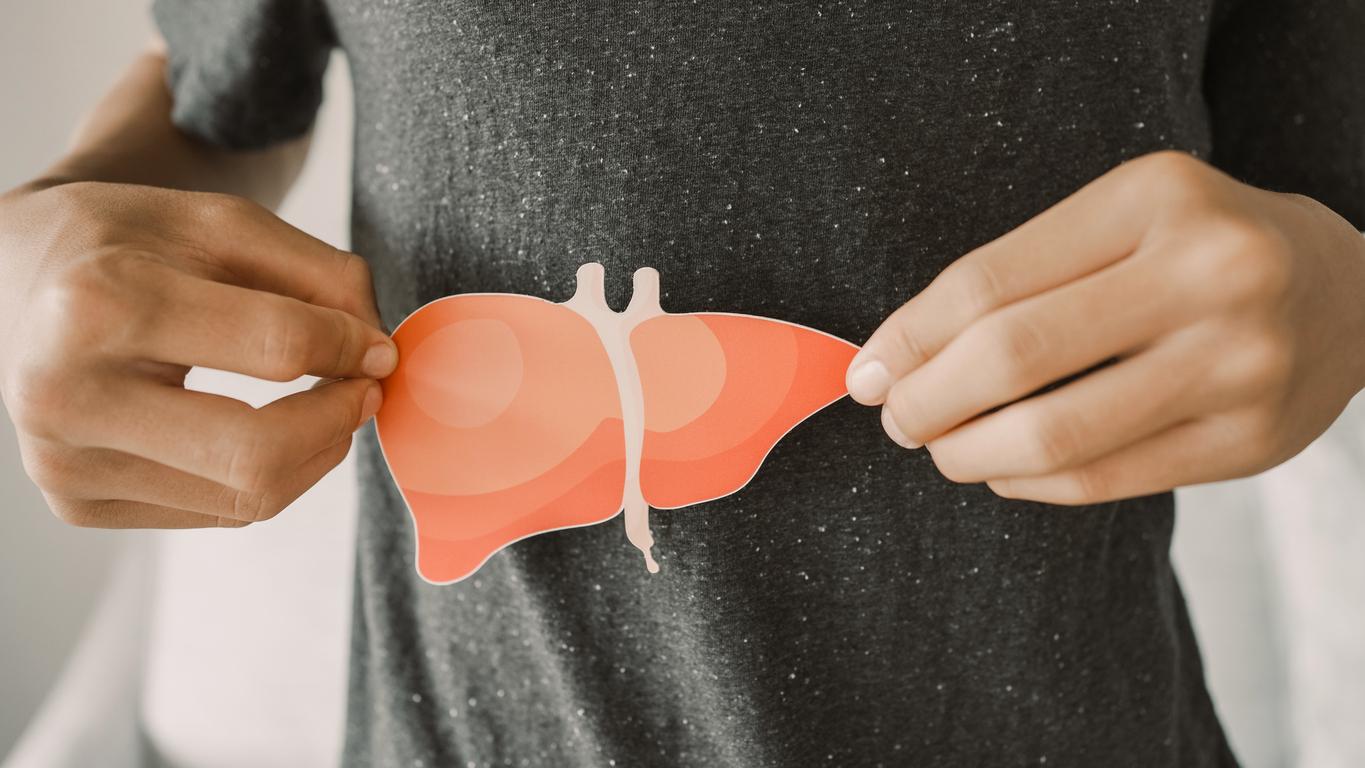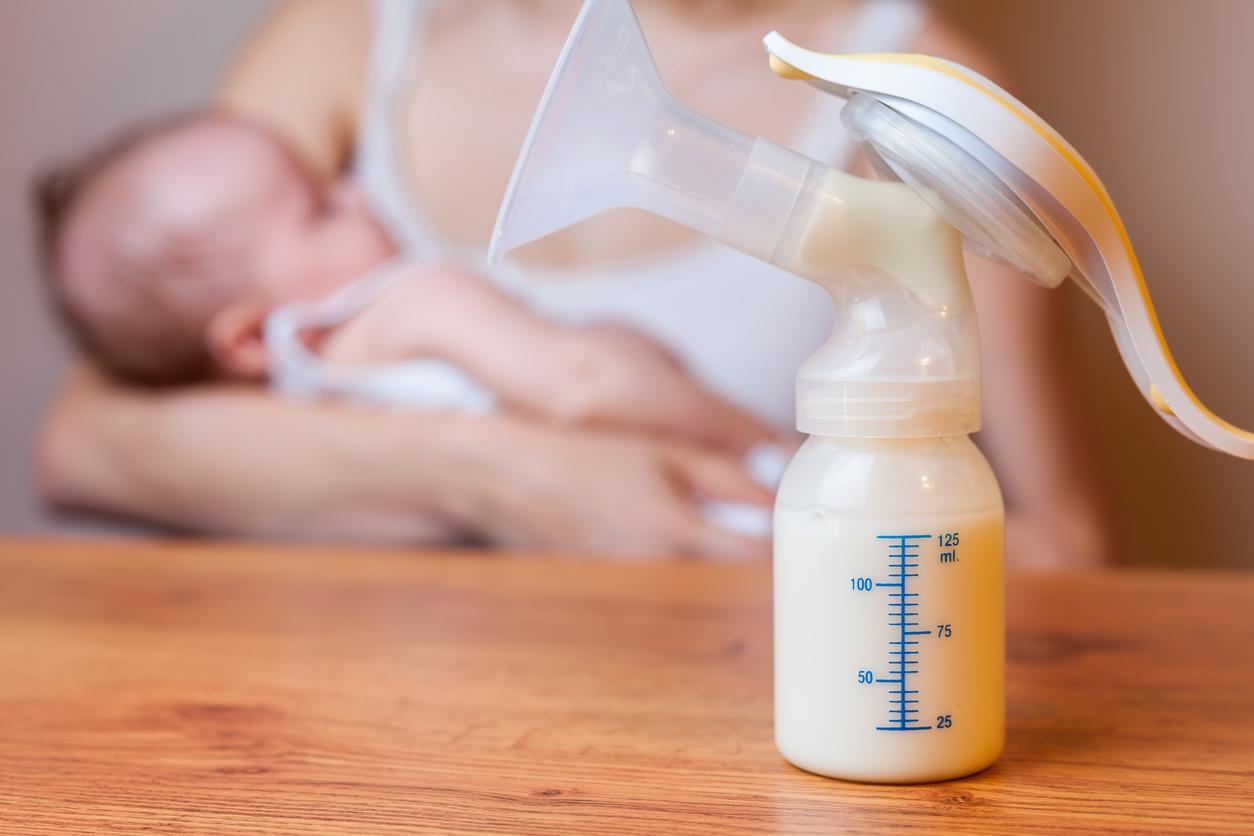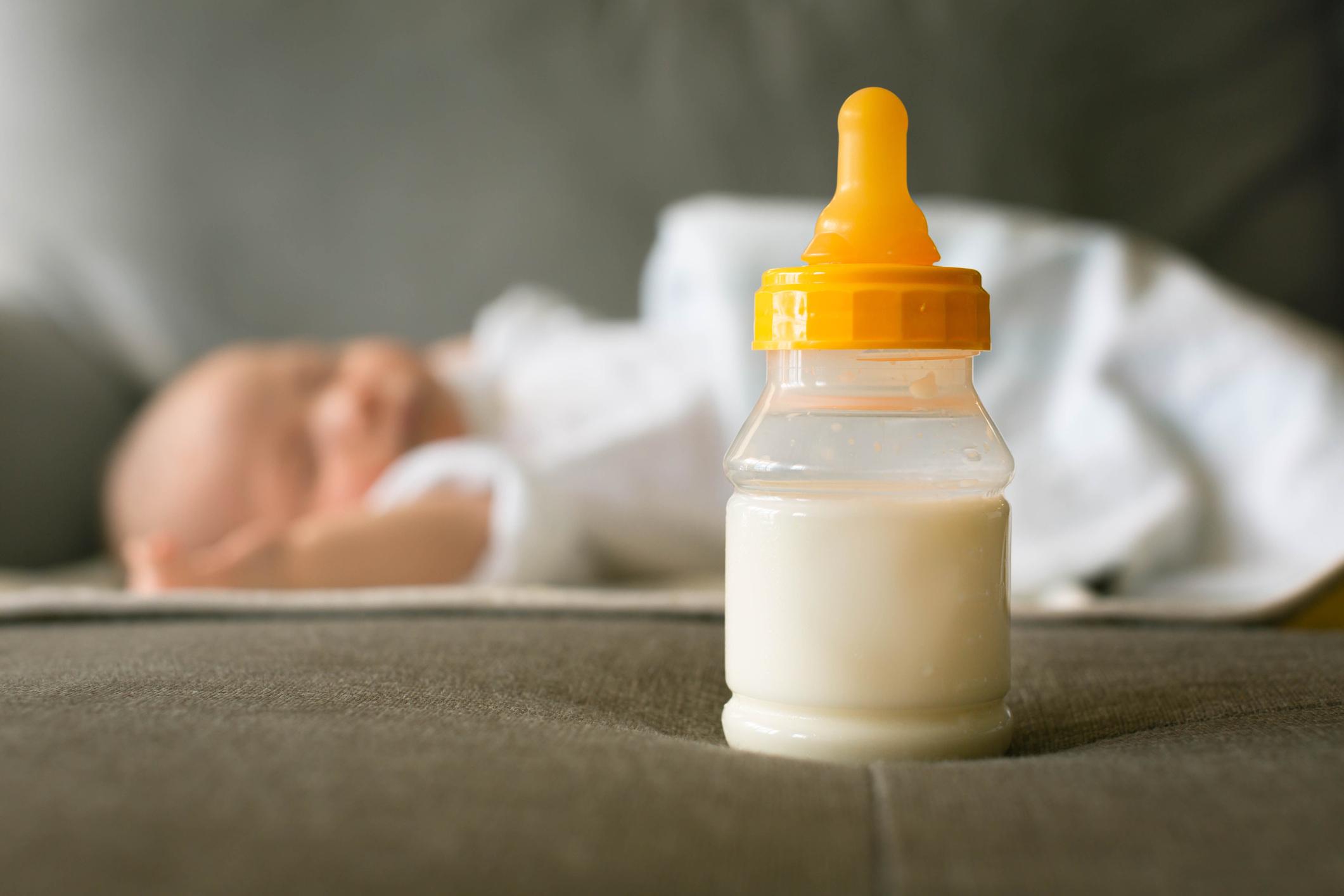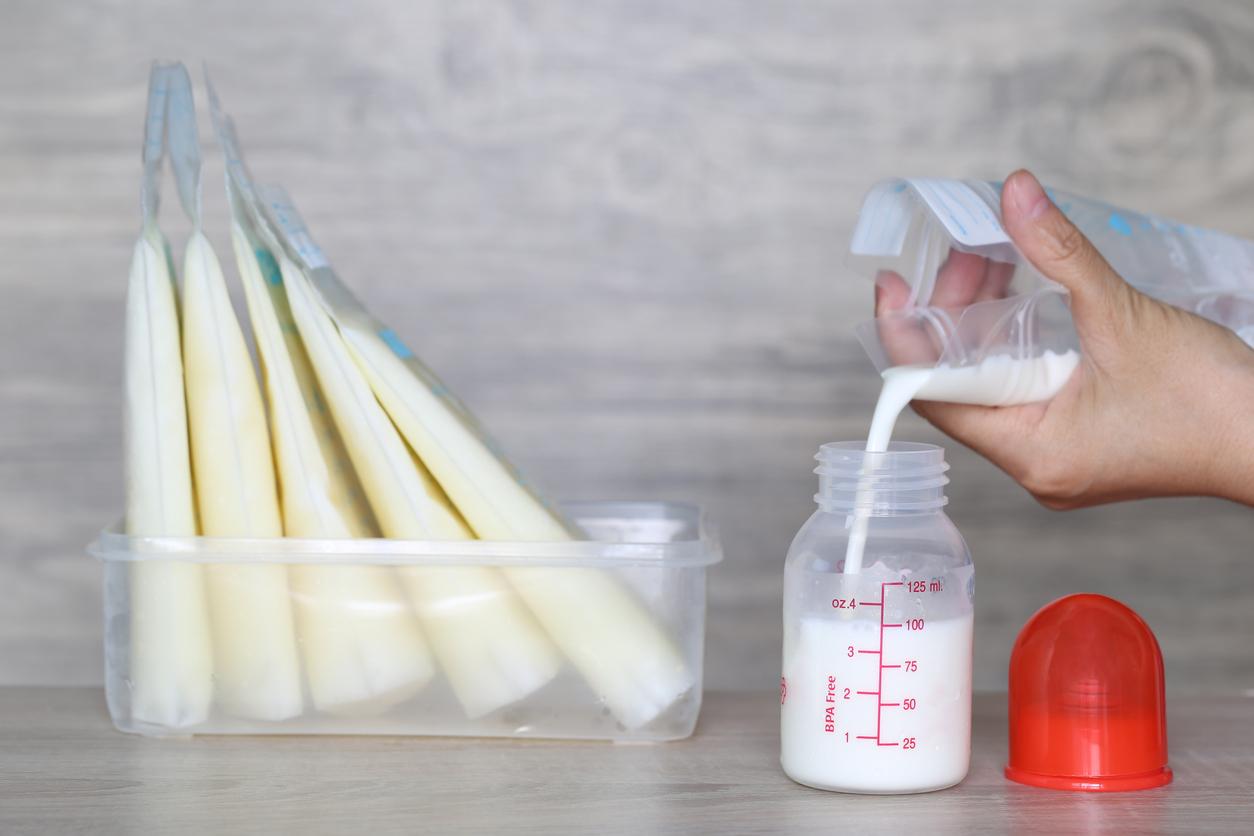Breast milk is more and more popular … by athletes! British researchers are warning about the risks of consuming milk bought on the internet, which can expose you to syphilis, AIDS and hepatitis.

Among our Anglo-Saxon neighbors, a curious phenomenon is spreading among regulars at sports halls. Eager to boost their performance, some abandon traditional doping products to turn to breast milk! Such a craze that scientists have looked into the risks of this practice. And to believe thestudy published this Thursday in the Journal of the Royal Society, the dangers to health are numerous.
Rich in growth factors, vitamins and proteins, breast milk seems to contain all the nutrients necessary for athletes wanting to “gain muscle”. This “natural” branded product represents a booming market and is very lucrative. Many websites and forums do not hesitate to present it as an effective miracle drink against erectile dysfunction or even cancer.
Nothing more than a placebo effect
Dangerous messages on sites that are just as dangerous. “From a nutritional point of view, breast milk contains less protein than cow’s milk. Potential buyers should be aware that no scientific evidence has shown that breast milk is beneficial in adults, this consumption offers nothing more than a placebo effect ”, warns Dr. Sarah Steele of Queen’s University Mary in London (United Kingdom).
Beyond the placebo effect, milk purchased on the internet can especially expose to infectious diseases such as syphilis, AIDS or hepatitis, reveals the study. A spread of serious pathologies due to a lack of hygiene. Indeed, the milk sold on these websites is not or very poorly pasteurized, the containers are unsterilized and non-refrigerated transport facilitates the multiplication of bacteria, viruses or other pathogens.
Milk contaminated by mothers who are carriers of these pathologies, sometimes even without knowing it. “While many mothers report being screened during pregnancy, many don’t realize that screening needs to be done on a regular basis. Risky behaviors or sexual activity during the postpartum period expose these women to viruses that they can then involuntarily transmit to consumers, ”says the researcher.
.

















